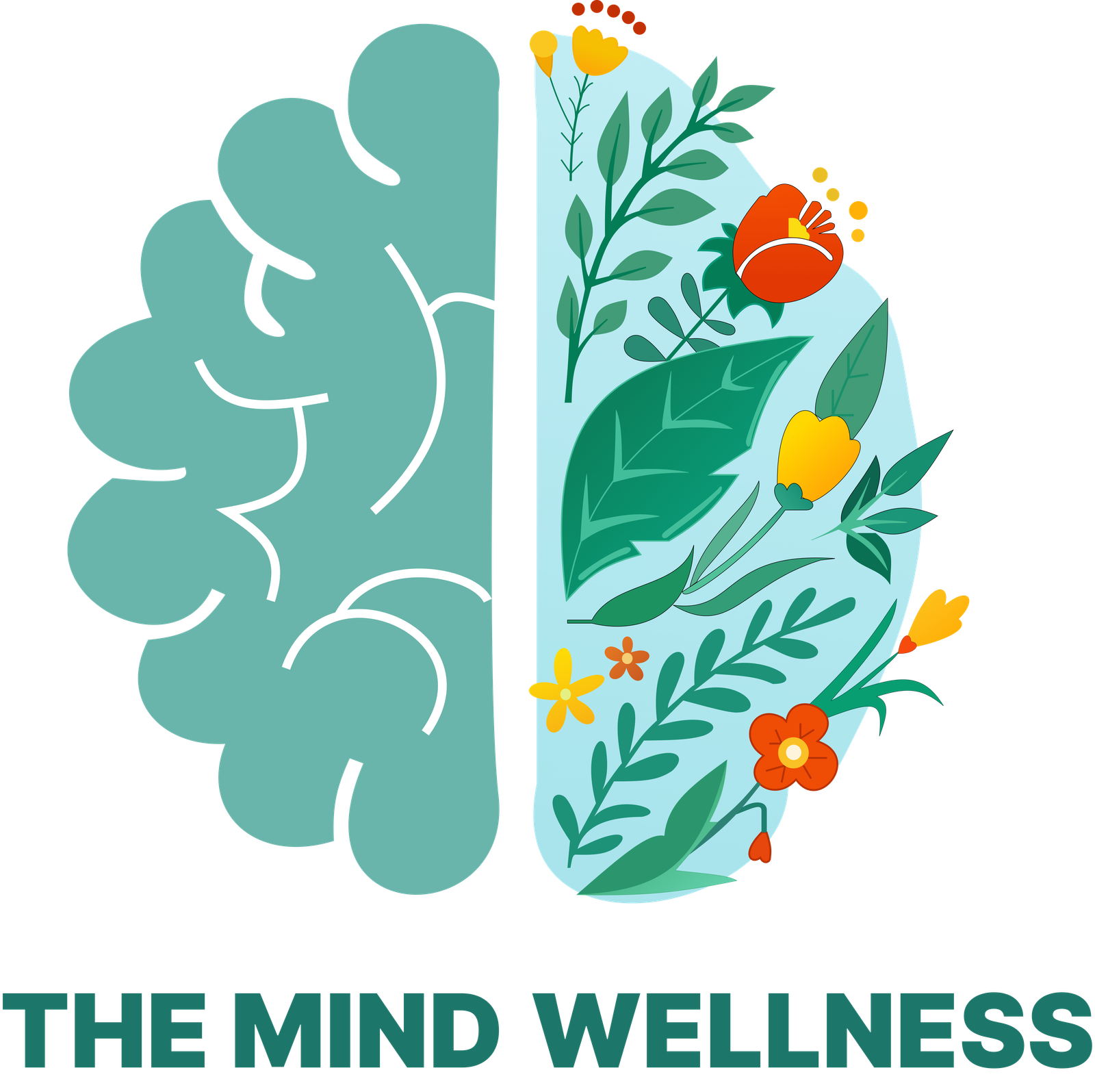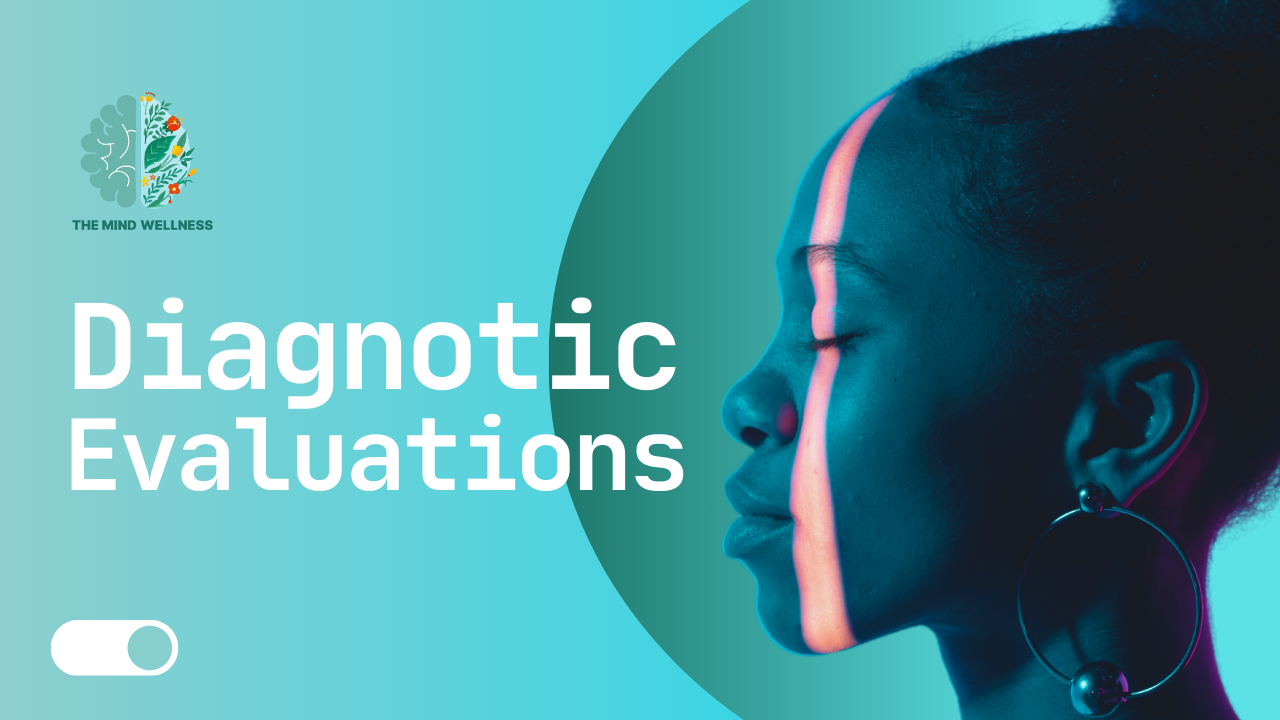Therapy and Counseling: Mental Health Support and Healing
Therapy and counseling assume a fundamental part in keeping up with mental prosperity by offering proficient help for profound and mental difficulties. These administrations assist people with


